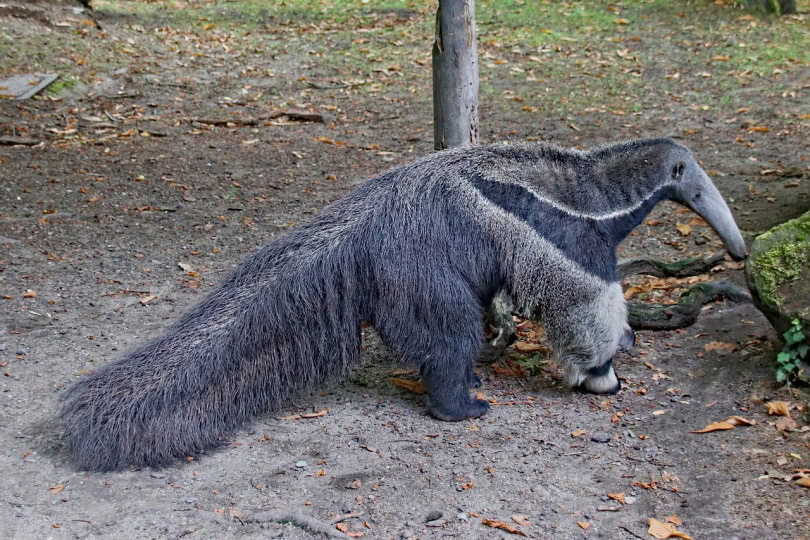Anteaters are captivating creatures, instantly recognizable by their long snouts and unique feeding habits. These fascinating mammals have a place in the wild, but they are not suited to life as pets. Their specialized needs, complex behaviors, and inherent wild instincts make them unsuitable for domestic environments. This article will delve into the reasons why can you have an anteater as a pet is a question best left unanswered.
We’ll explore their dietary requirements, examine their natural behaviors, discuss the safety concerns associated with keeping them as pets, and highlight the ethical implications of such ownership. Finally, we’ll touch upon the legal restrictions that often prevent individuals from keeping anteaters as companions.
Anteater Diet and Needs
Anteaters are specialized insectivores, meaning their diet consists almost entirely of ants and termites. They possess powerful claws for tearing open ant hills and termite mounds, and their long, sticky tongues can lap up hundreds of insects per minute. Providing a captive anteater with an adequate and varied supply of these insects is a significant challenge.
In the wild, anteaters roam large territories in search of food, often covering several miles each day. Replicating this vast space within a domestic setting is impossible. Anteaters require ample room to move, explore, and engage in natural behaviors. Confining them to a small enclosure would severely restrict their physical and mental well-being.
Furthermore, anteaters have specific environmental needs. They prefer humid climates and rely on access to shade and water sources. Maintaining these conditions within a home environment can be complex and demanding.
Wild Instincts and Behavior
Anteaters are solitary creatures by nature, only coming together for mating purposes. They are not social animals and do not thrive in close proximity to humans or other pets. Their wild instincts remain strong even when raised in captivity, leading to unpredictable behaviors that can pose risks to both the animal and its owner.
For example, anteaters may exhibit territorial aggression, especially if they feel threatened or their space is encroached upon. They also have powerful claws that can inflict serious injury if used defensively. Their natural foraging behavior can lead to destructive chewing and digging within a home environment.
Handling and Safety Concerns
Due to their size, strength, and unpredictable nature, handling anteaters requires specialized training and experience. Even experienced handlers must exercise extreme caution when interacting with these animals.
Anteaters are not domesticated animals like dogs or cats. They lack the same level of social bonding and obedience training that makes them suitable companions. Attempting to handle an anteater without proper knowledge and skills can result in serious injury for both parties involved.
Ethical Considerations of Pet Ownership
Keeping a wild animal as a pet raises significant ethical concerns. Anteaters are adapted to thrive in their natural habitats, not confined spaces. Removing them from their environment deprives them of the opportunity to engage in natural behaviors, socialize with their own kind, and experience the richness of their ecosystem.
Furthermore, the demand for exotic pets like anteaters contributes to the illegal wildlife trade, which poses a serious threat to wild populations. Choosing to keep a domesticated animal as a pet is a more ethical and responsible option.
Legal Restrictions on Anteaters
In many countries, owning an anteater as a pet is strictly prohibited or requires special permits and licenses. These regulations are in place to protect both the animals and the public.
Laws regarding exotic pet ownership vary widely depending on location. It is essential to research and understand the specific legal requirements in your area before considering keeping any wild animal as a companion.
Conclusion
While anteaters may appear fascinating, they are not suitable pets. Their specialized needs, complex behaviors, and inherent wild instincts make them unsuitable for domestic environments. Ethical considerations, safety concerns, and legal restrictions further highlight the importance of respecting these animals in their natural habitats.



